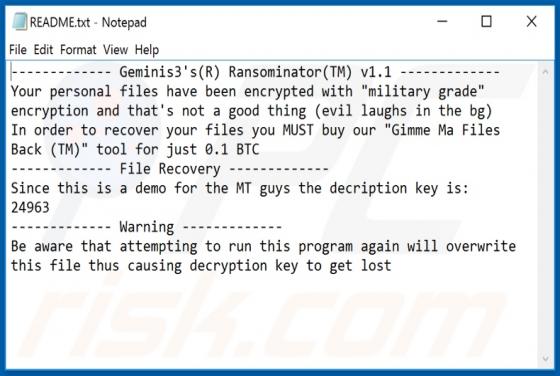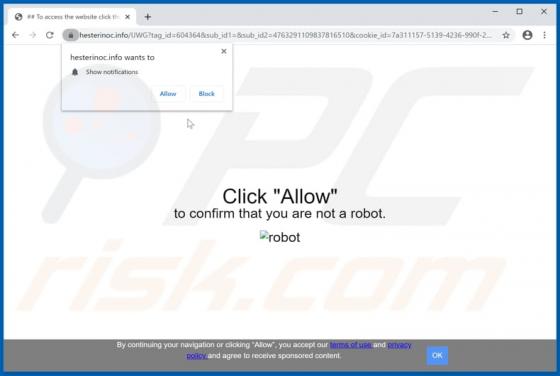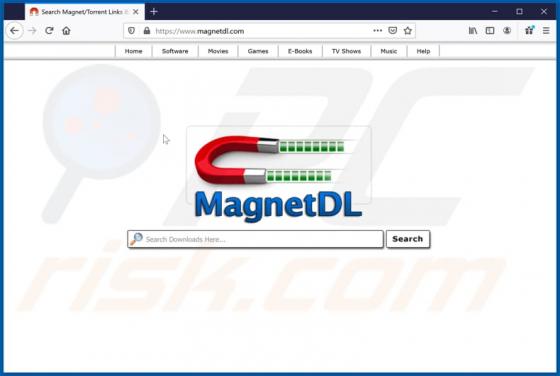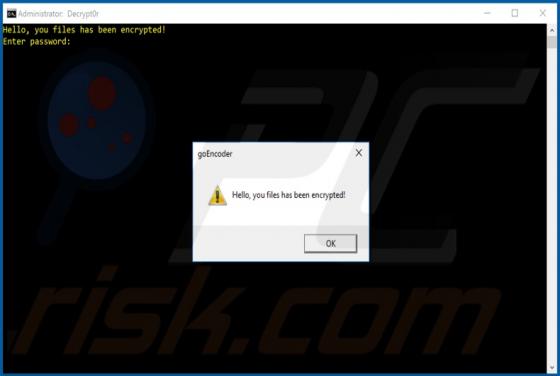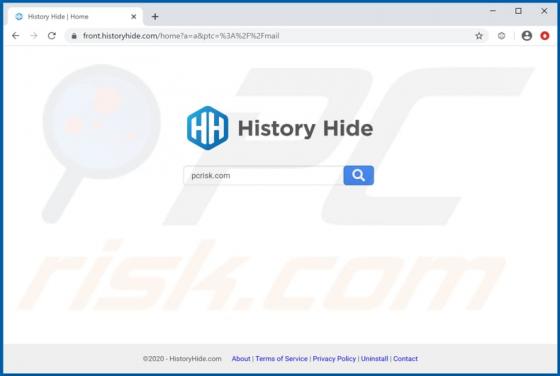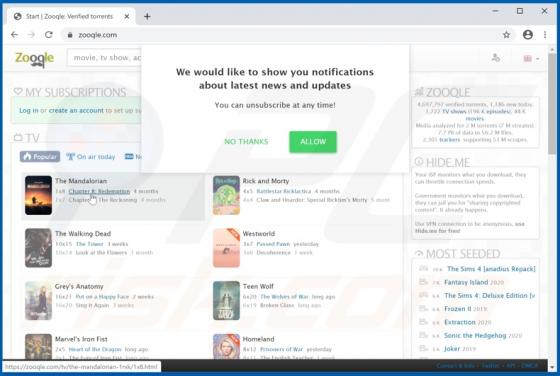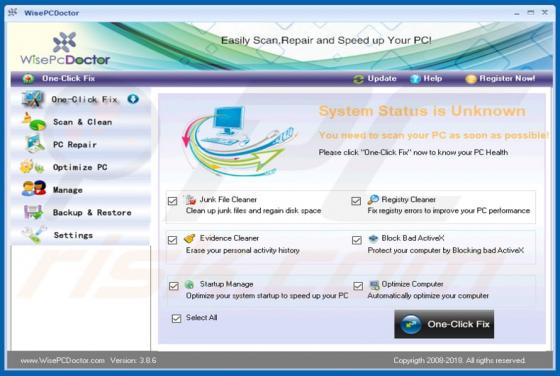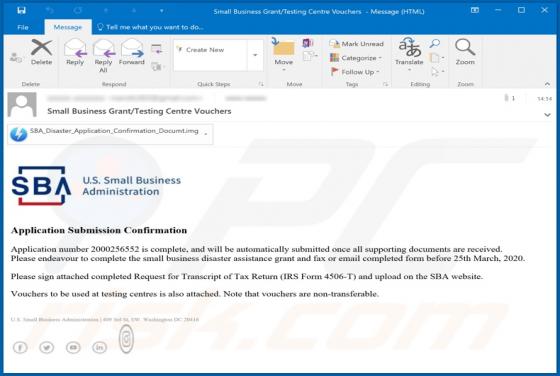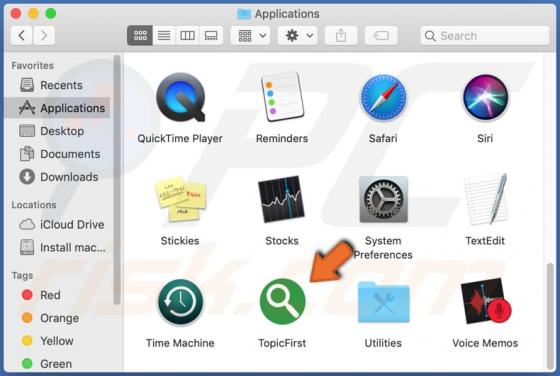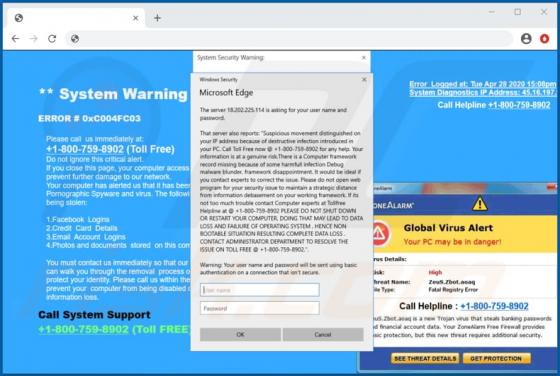
ZoneAlarm Global Virus Alert POP-UP Scam
Like most technical support scams, this one claims that the user's personal, sensitive information is stolen and the computer is infected with malware. Its main purpose is to trick unsuspecting people into calling scammers via the provided telephone number. Typically, scammers behind these decept
